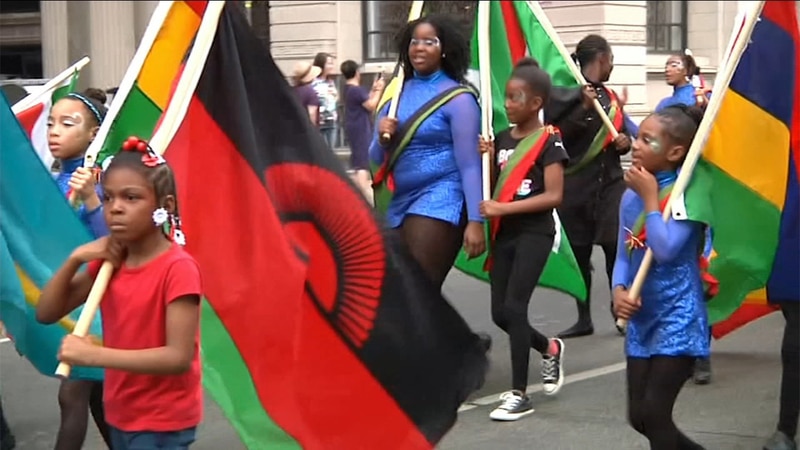Choosing Joy in the Face of Oppression

Juneteenth has always been a challenging holiday for me. The dichotomy of celebrating the end of slavery in a nation that still perpetuates the very oppression slavery relied on has always made the day feel inauthentic and hollow.
And this year, as the country is gripped by protests nationwide following the murders of George Floyd, Rayshard Brooks and so many others, it feels particularly hard.
Perhaps growing up in Richmond, Va., the former capital of the Confederacy, jades you. My education was steeped in white supremacy, and was meted out in the shadows of the Confederate statues that decorate Monument Avenue, one of the most picturesque and important streets in the city. Growing up under these circumstances caused me to disassociate Black history from American history and, to some degree, disassociate my present from African Americans’ past.
The history is clear for me, though. Our nation’s historic and ongoing dependence on coerced or underpaid labor and the marginalization of women—particularly black and brown women — immigrants, indigenous and enslaved people and their descendants laid the foundation for the oppression that African Americans still face. And legislation like The Black Laws of 1865 — which restricted Black Americans to low-wage jobs, banned voting, denied educational access and made it unlawful to gather in large groups — paved the way for today’s social and financial inequality.
But this Juneteenth, when it feels like the world is going to hell in a handbasket, how do I find the strength to celebrate?
I realized that this year, perhaps because of the outrage and continued examples of systemic racism, it is critically important to pause and commemorate Juneteenth. In doing so, we make space to care for one another and refocus our efforts and anger in a way that honors the legacies of people like Dr. King and Malcolm X, on whose shoulders we stand.
This year, our call to action — “No Justice, No Peace” — feels like an ultimatum of sorts: Either we recommit to disrupting the status quo and finally destroy the processes and systems that oppress us, or go home and be quiet. There can be no middle ground in revolution.
We must observe Juneteenth this year as a radical act of self-care. We must carve out time to celebrate one another and the progress we’ve made as a people, to help us harness the strength to continue confronting those who would see us remain oppressed.
This year, we need Juneteenth to remind us of how strong we are, and to build us up for the fight ahead.
So, I choose to celebrate Juneteenth in honor of every Black man and woman we’ve lost to police brutality, to lynchings, and violence. I’m finding joy in seeing the peaceful protests at the sites of the confederate statues in my hometown of Richmond. I’m finding joy in hearing the articulation of what we need as a people from new voices and modern-day leaders. And I’m finding joy in dreaming about brighter futures for the beautiful, brown children I’m raising with my beautiful, brown husband.
Because the most profound thing I can do to acknowledge Juneteenth during these tumultuous times is to thumb my nose at the oppressors by taking a day to be joyful on purpose.
By Safiya Simmons, Family Values @ Work’s director of communications
Photo WPVI Philadelphia